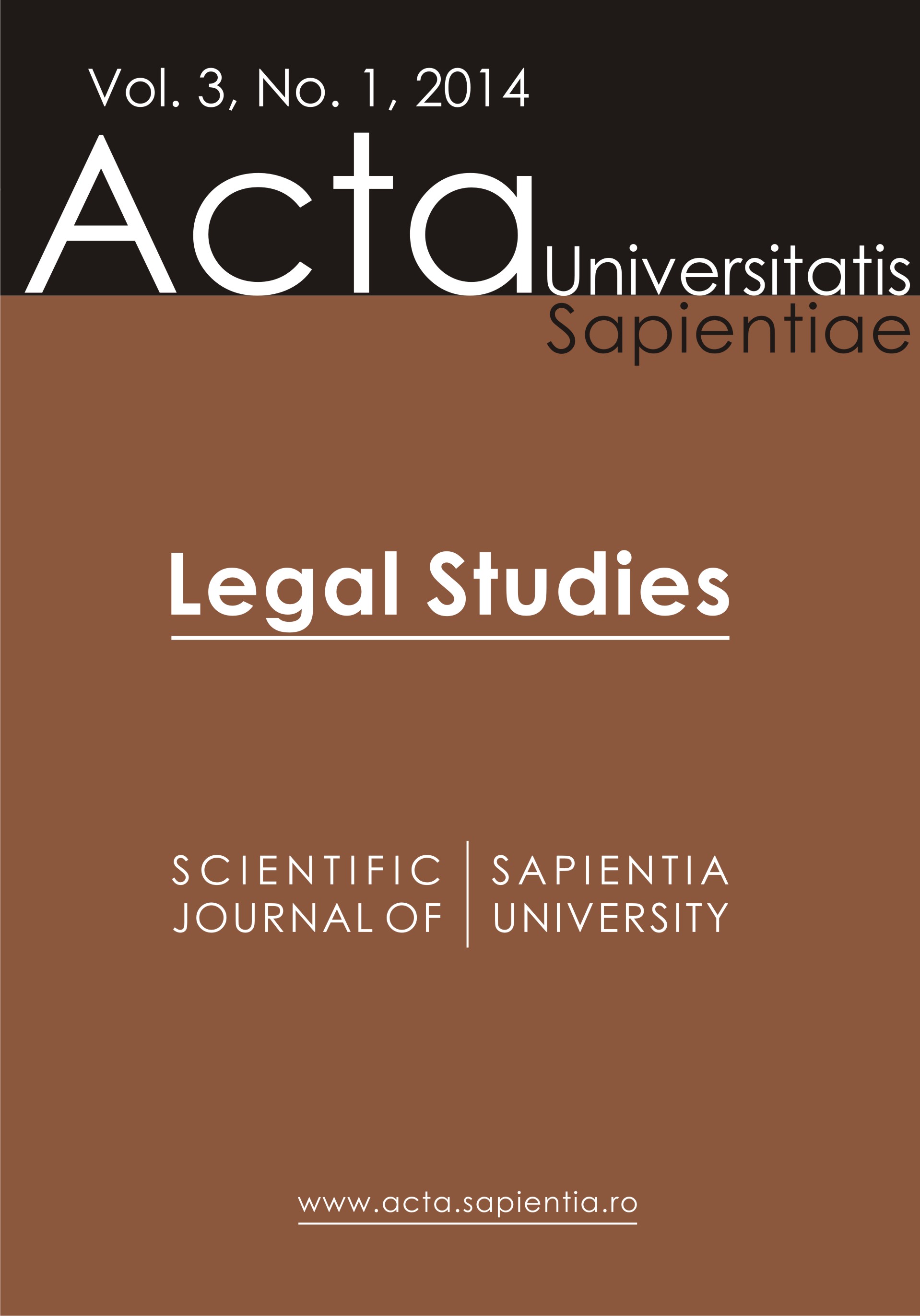Der Prozess gegen Methodius und die Conversio Bagorariorum et Carantanorum
The Trial of Methodius and Conversio Bagorariorum et Carantanorum
Author(s): Tamás NótáriSubject(s): Law, Constitution, Jurisprudence, History of Law
Published by: Scientia Kiadó
Keywords: Early medieval legal history; Bavarian historiography; Methodius; Conversio Bagoariorum et Carantanorum
Summary/Abstract: The protagonists of the Slavonic (and Avar) mission in the 9th century were the Byzantine Empire, on the one hand, and the Frankish Empire, which relied on the Archbishopric of Salzburg and the Patriarchy of Aquilea pursuing fairly independent politics, on the other; this balance was disrupted by the papacy, which was gaining strength, taking firm steps with independent mission policy against the power of the Carolingian dynasty. This threefold-ness provided the background of the activity of Methodius known as the Apostle of the Slavs and of his conflict with the Archbishopric of Salzburg and its diocesan bishops. At the Council of Regensburg held in the presence of Louis the German in 870, Adalwin, archbishop of Salzburg and his bishops passed a judgment on Methodius, a missionary from Byzantium, then papal legate and archbishop of Sirmium, since they deemed that by his missionary activity pursued in Pannonia Methodius infringed the jurisdiction of Salzburg exercised over this territory for seventy-five years, and after that they held him in captivity for two and a half years. It was this lawsuit regarding which the Conversio Bagoariorum et Carantanorum was drafted either as a bill of indictment or to legitimate the lawsuit subsequently, it cannot be clarified.
Journal: Acta Universitatis Sapientiae, Legal Studies
- Issue Year: 3/2014
- Issue No: 1
- Page Range: 41-54
- Page Count: 14
- Language: German

